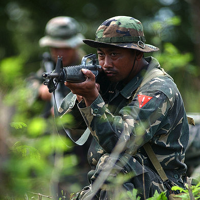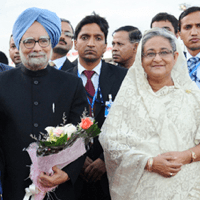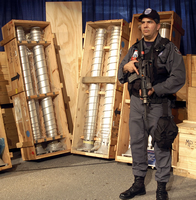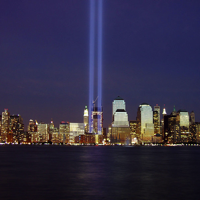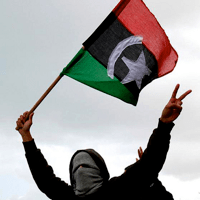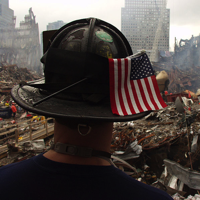
Since I was at the Pentagon on Sept. 11 and saw Flight 77 hit the building, the 10th anniversary of the attack naturally causes me to reflect on how much progress we have made in preventing another such cataclysm during the past decade as well as on the challenges that remain for preventing one in the future. Two issues immediately come to mind: further strengthening the Department of Homeland Security and considering how the United States might reduce the high level of anti-Americanism that persists in much of the world. The mere creation of the Department of Homeland Security (DHS) […]

